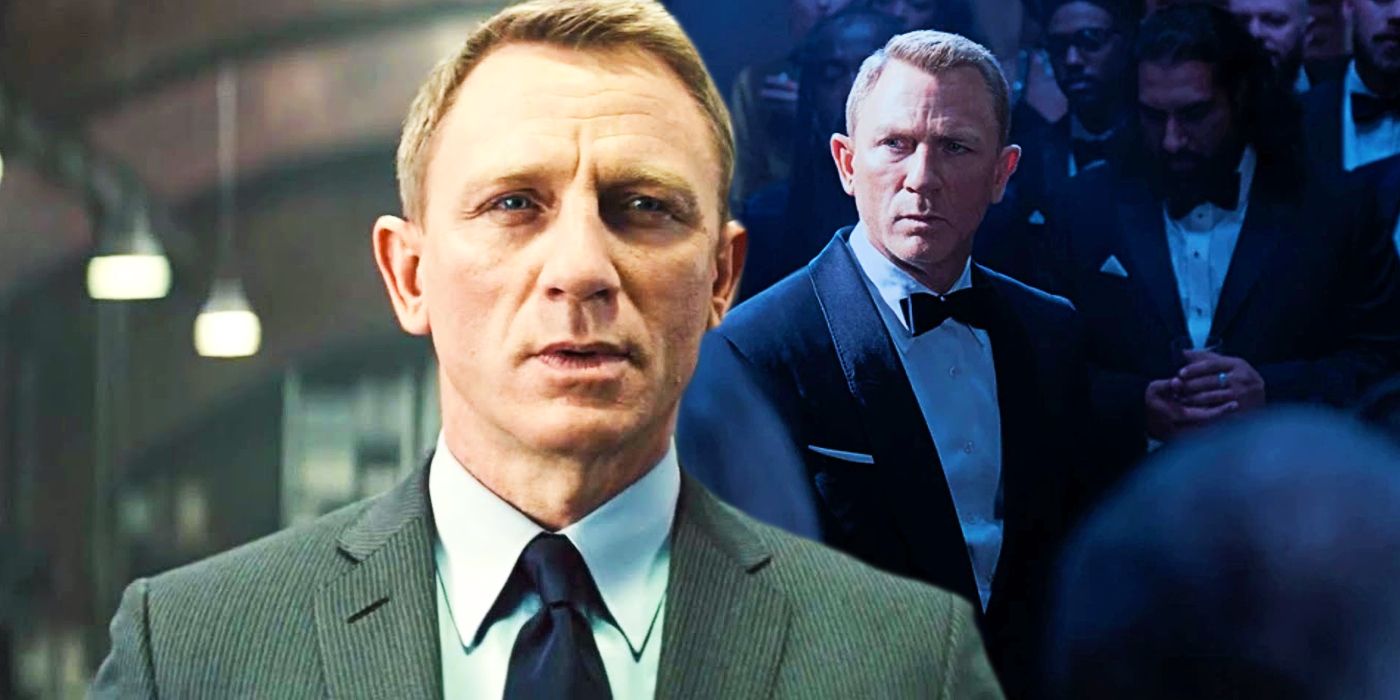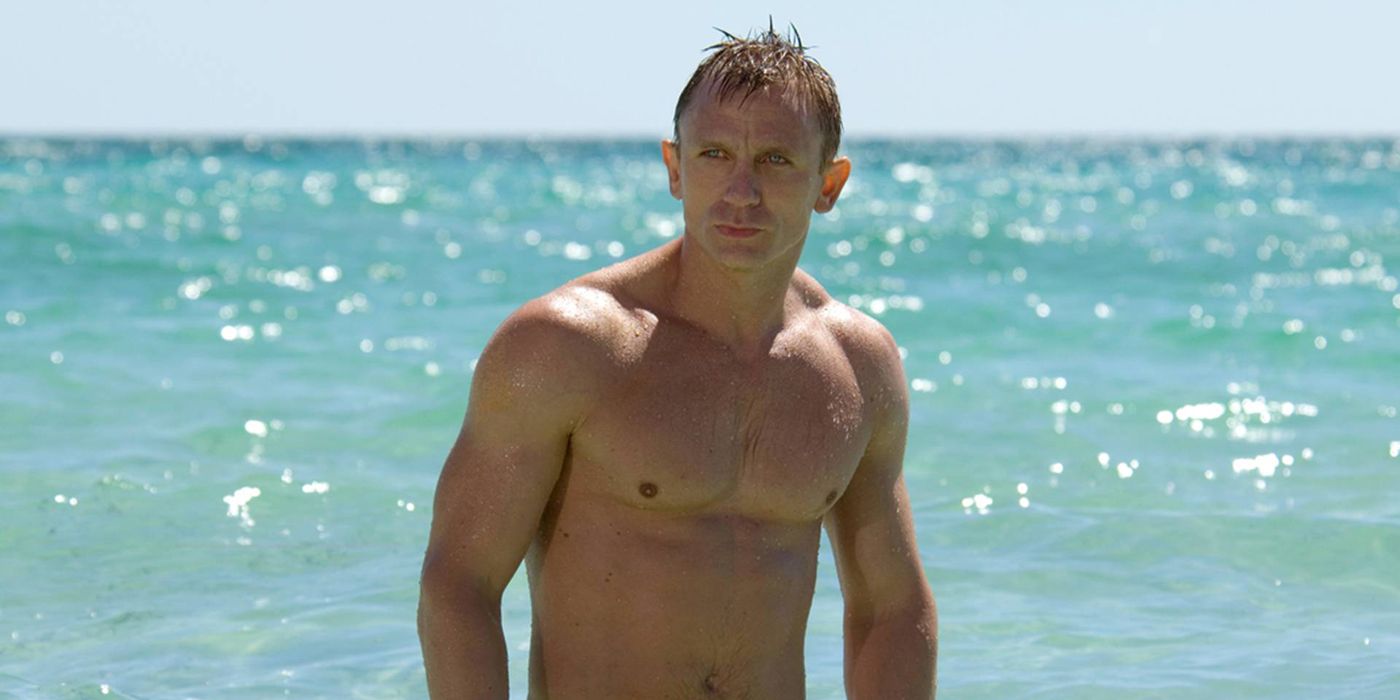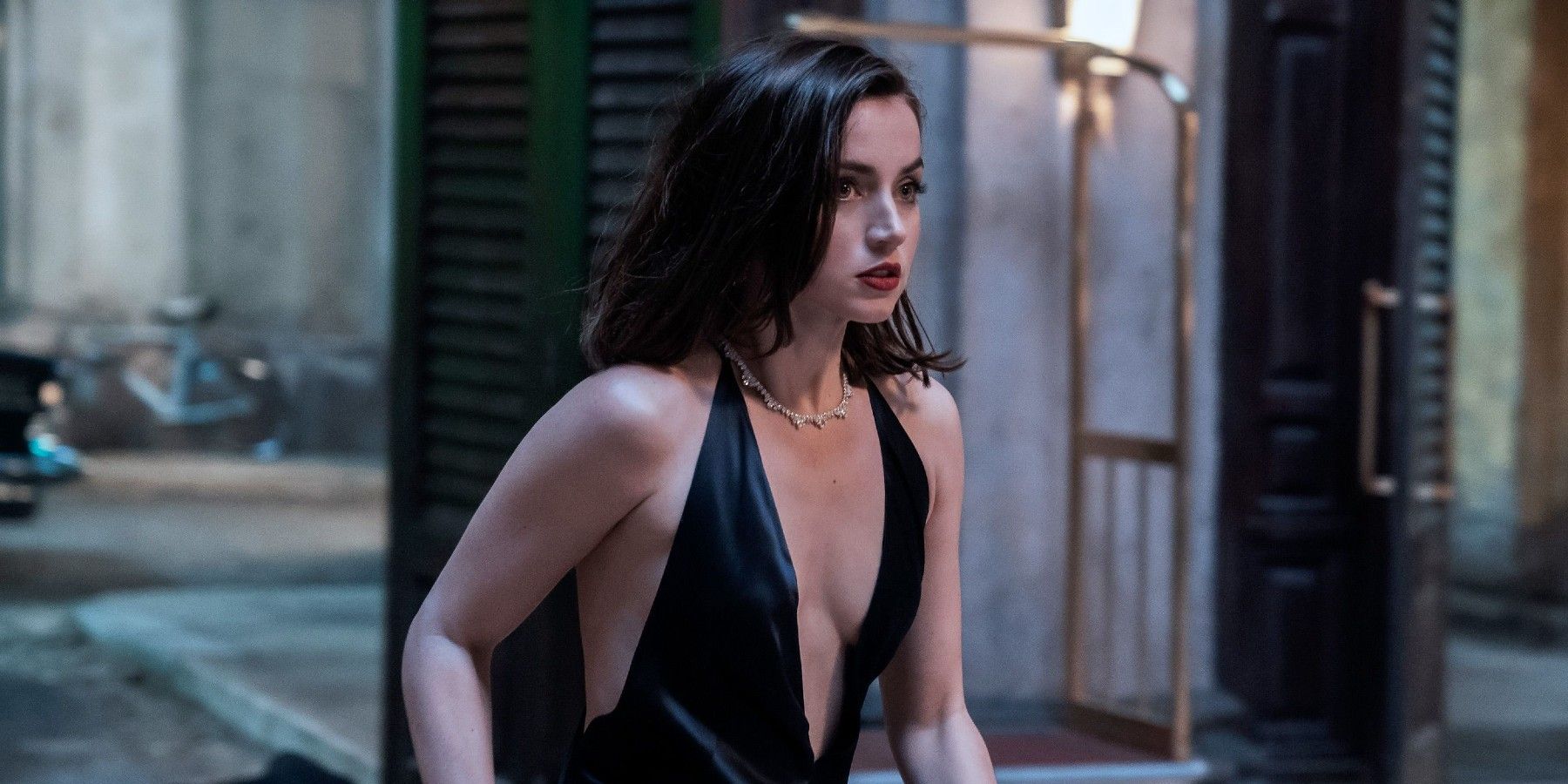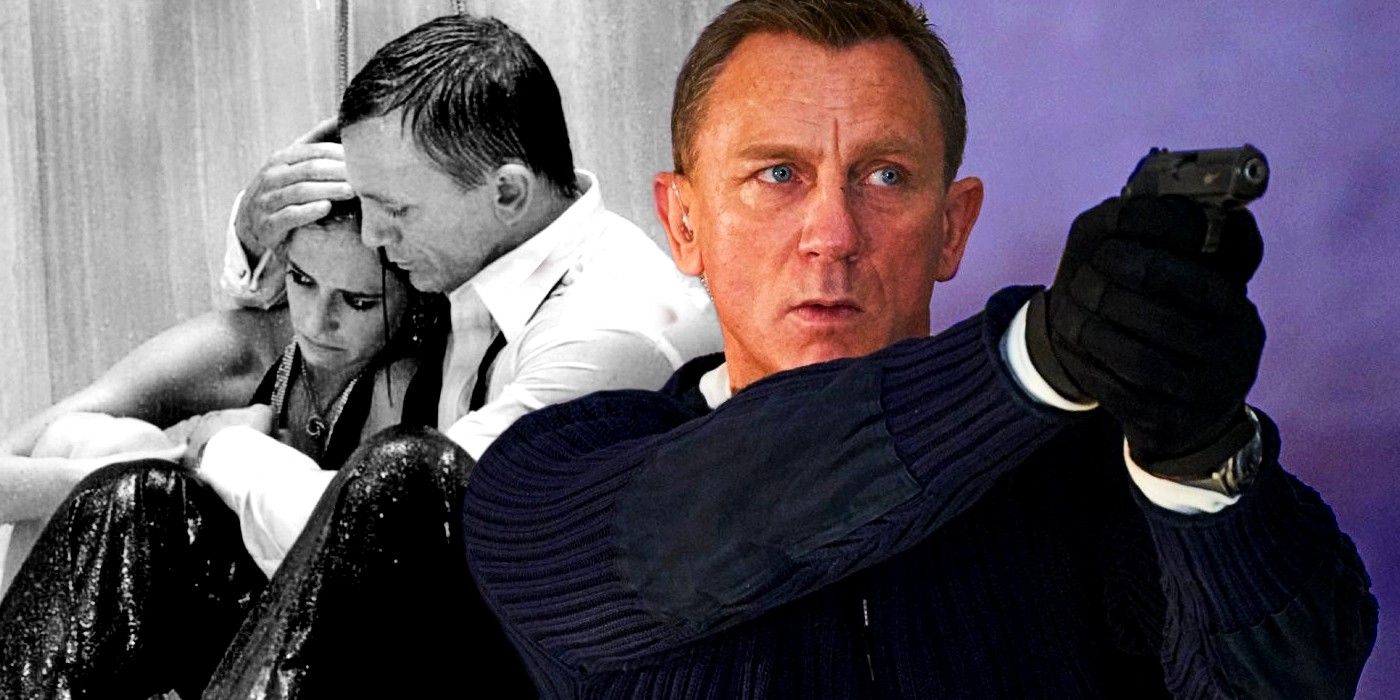
While Daniel Craig’s James Bond franchise debut was able to tell a compelling origin story for 007, the upcoming sequel Bond 26 can’t repeat this approach for numerous reasons. Now that No Time To Die marked the end of Daniel Craig’s tenure as James Bond, the search for the next 007 is on in earnest. The lucky actor has not yet been named, although both Tom Hardy and Rege-Jean Page have been bookmaker’s favorites for some months now.
However, regardless of who ends up getting the coveted part, Bond 26 will need to do more than merely recast James Bond. Although Craig’s later additions to the franchise featured a more playful, over-the-top tone than his first James Bond movies, as a whole, the actor’s time as 007 was defined by a marked tonal shift for the series. The Bond franchise became a lot more mature, grounded, and gritty during Craig’s years playing 007, and this change now needs to be undone by the spy's next cinematic adventure.
Craig was not the first actor to offer a more self-serious reinvention of Bond, with both Timothy Dalton’s 007 movies and the infamously tragic On Her Majesty’s Secret Service allowing the suave super-spy to show his sensitive side. However, Craig’s James Bond was the first version of the character who (mostly) dropped the quips, gadgets, and goofy villains in favor of relatively realistic espionage action. This was never more pronounced than in his brutal debut Casino Royale, a poignant, violent introduction to the character that also served as James Bond’s origin story. However, while that 2006 hit was deservedly acclaimed for its daring reinvention of Bond, the blockbuster cinema landscape has changed in the intervening years and now Bond 26 needs a lighter, less dour tone. As a result, Bond 26 can’t be another origin story for the famous spy.

The surprisingly brutal and brilliant Casino Royale was a perfect introduction for Craig’s Bond and a moving origin story for 007. The thriller was heavily influenced by the Bourne trilogy and trends in post-9/11 action cinema, eschewing larger-than-life villains and self-aware one-liners in favor of angst and intensity. Craig’s brooding 007 was a more human version of the character than the franchise had ever offered before, ensuring that the spy could still be taken seriously by fans and critics by abandoning the campy elements that made 007 famous. However, Casino Royale was unique in its reinvention of Bond as a more grounded, believable sort of spy due to the timing of the movie’s release. Casino Royale arrived in the wake of Batman Begins, whereas Bond 26 will be released in an era when self-aware, over-the-top action franchises like the Mission: Impossible series and the Fast & Furious saga rule the multiplex.

Now that Craig has moved on, Bond 26 must make the franchise fun again. For a new version of 007 to stand out in a crowded blockbuster marketplace, the character must return to his campier roots and focus on what made Bond different from Jason Bourne and Batman, not what the spy shares with the more self-serious characters. The hero of Bond 26 needs to be less gritty and closer to his old, suave self, allowing the franchise to bring back the fun-focused tone of the Brosnan era and the welcome laughs of Roger Moore's time playing the part. This means no tragic romances and no sad explanations of how Bond became so emotionally distant in between the car chases and exploding pens, which in turn means there is no reason for Bond 26 to be a backstory-focused installment of the series.

The James Bond franchise recently proved that the series could introduce a memorable new hero without needing to ground their character with a tragic backstory. No Time To Die’s breakout character Paloma showed up for a few minutes of Craig’s final 007 movie and stole the show precisely because her character wasn’t another grim, humorless addition to the franchise. Paloma’s fast-paced debut efficiently introduced the CIA agent as a competent, resourceful, and charismatic heroine, proving that the Bond franchise can do the same for the next iteration of 007 in Bond 26. A brisk action scene highlighting Bond's skills and panache would effectively introduce the new 007 without getting into unnecessary exposition.

It is tough to tell whether Bond 26 should address Bond’s backstory at all if the movie is not an origin story. Since Bond 26 does need to fit into the franchise’s established lore and should not over-rely on fan service, avoiding Bond franchise plot holes by not discussing 007’s origins would be the safest bet. However, part of the appeal of Bond as a character is his reliable supporting staff, and including characters like M, Q, and Miss Moneypenny would likely necessitate discussing the Craig era to some extent. This would mean addressing the death of Craig’s version of James Bond in No Time To Die, which could easily see Bond 26 get bogged down in franchise lore. However, the sequel could get around this by finally confirming the popular fan theory that Bond is a code name. By starting the story with the new Bond already well-established in his role as a spy and not playing a rookie agent once again, Bond 26 could later drop a hint (as Die Another Day was originally intended to) about him being the latest in a string of James Bonds.
This approach would allow the franchise to balance the best of both worlds, ignoring the specifics of the new 007’s origin story while still confirming that the movie takes place in the same continuity as earlier franchise installments. With that out of the way, Bond 26 could get down to offer a more fun, fast-paced spin on the James Bond formula than the Craig-era movies while remaining safe in the knowledge that the sequel could bring back elements of Craig’s 007 era without causing complicated plot holes. The James Bond franchise has never been a masterpiece of internal consistency and a more light-hearted tone would make it easier for fans to excuse some plot snarls, meaning that there is no need to over-explain the connections between Daniel Craig’s earlier 007 and the new James Bond. Instead, Bond 26 should focus on making the James Bond franchise fun again, instead of setting up another redundant backstory for the famous character.
Comments
Post a Comment